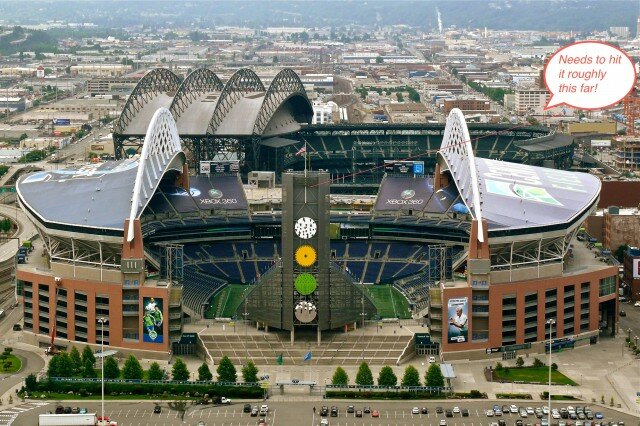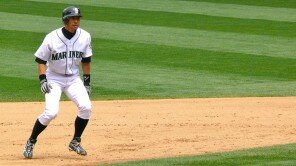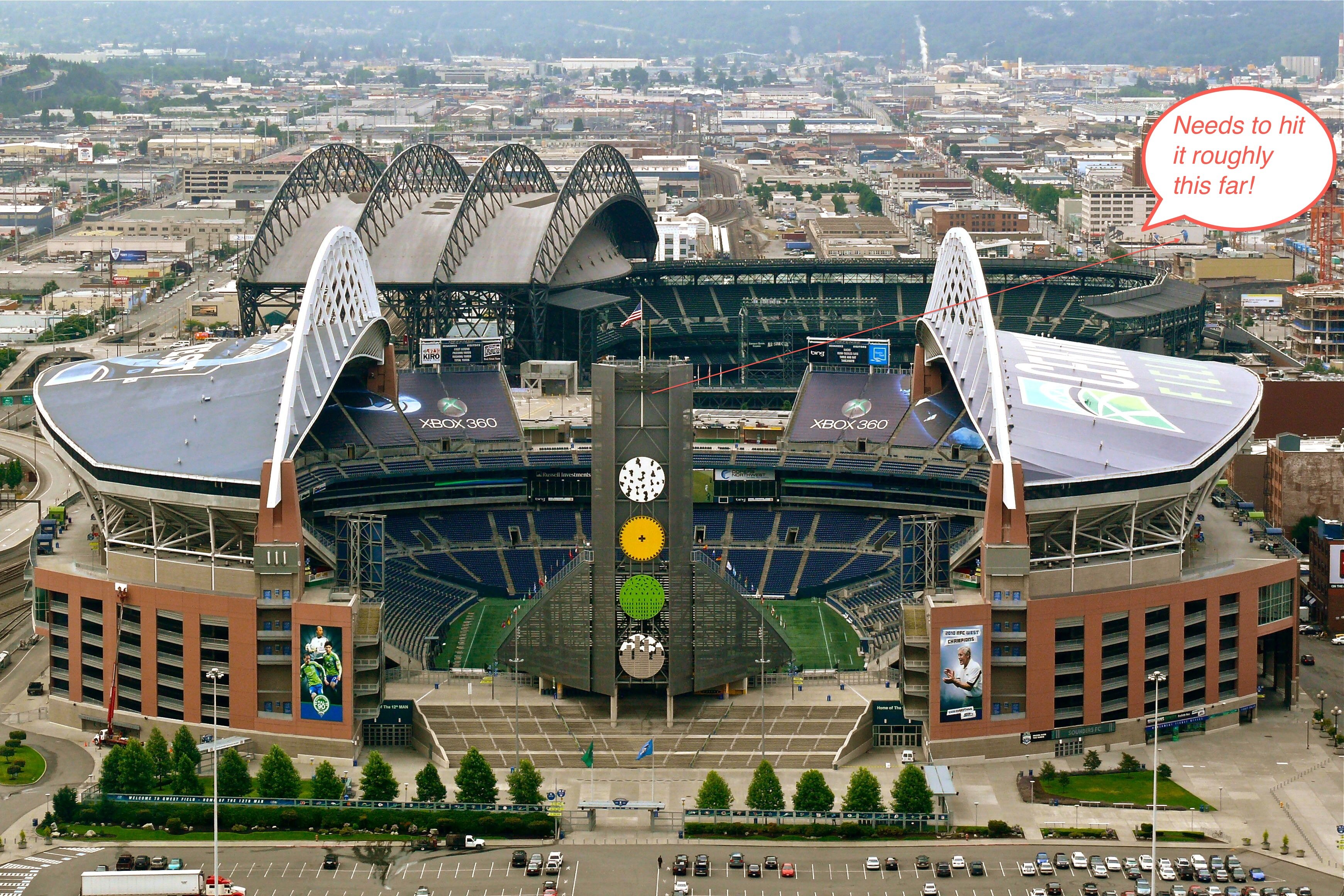
Today is the first day that major league baseball teams can sign free agents who played for other teams last year. There are few teams that need other teams’ players more than your Seattle Mariners.
In 2011, for the second consecutive season, the Mariners scored fewer runs than every other team in major league baseball, averaging just 3.43 per game. Runs, in baseball, being what business consultants call a “key success factor,” this is something the team needs to fix.
So the Mariner fan’s lustful eye immediately turns to the jewel of the 2012 free agent class, Milwaukee Brewers first baseman Prince Fielder. The youngest player ever to hit 50 home runs, Fielder already has 230 in his career–and, at 27, is just entering what are generally considered the prime seasons of a hitter’s career. Despite his 285-lb frame, Fielder is not prone to injury, having played at least 157 games in the past six seasons. And he is the full hitting package, combining power with the ability to get on-base. The Mariners haven’t had a hitter like Fielder since Edgar Martinez’ prime years. Not coincidentally, the Mariners haven’t made the playoffs since Edgar Martinez’ prime years.
Fielder will be insanely expensive. The Phillies’ Ryan Howard signed a 5-year, $125-million contract last season, and Fielder is a better and younger player. A $30-million-per-year deal is probable. (Perhaps certain new Central District restaurants will lure Fielder, a vegetarian, to Seattle).
Fielder isn’t worth it–not for the Mariners, says USS Mariner’s Dave Cameron. Cameron argues that the Mariners’ are so talent-deficient, adding one player doesn’t make them a contending team. Cameron advocates a blockbuster trade for the Reds’ Joey Votto–who will make just $9.5 million next season.
The big question is, how much money do the Mariners have to spend? The payroll has hovered around $95 million for the past three seasons, and with attendance declining, the recession continuing, and 1/3-minority owner Chris Larson’s financial struggles, it’s difficult to imagine that you’ll see payroll increase. The Mariners already have $59.5 million committed to current players–to seven current players. As a major league roster consists of 40 players, that gives the M’s around $35 million to sign 33 more players–spend $30 million on Fielder and he’ll have to play alongside volunteers.
Of course, Mariner ownership may be willing to bump up payroll as an investment to staunch the team’s declining attendance (the 2011 team drew less than two million fans, the lowest number in 16 years). We can’t know, the organization is notoriously tight-lipped.
More likely than not, the Mariners will follow the strategy of the past few seasons–acquiring less-coveted players and hoping for a rebound season. It’s a strategy that has worked in the past (Bret Boone, Jose Guillen), but has flopped the past two years (Casey Kotchman, Jack Cust, Eric Brynes). One intriguing candidate along these lines is Carlos Beltran, who slugged .525 in his first full season since 2008. At 34, he’s on the downside of his career, but he would represent an immediate upgrade to the offense. One thinks of Lance Berkman, another stellar hitter on the decline, who signed a one-year contract before the 2011 season and helped lead the St. Louis Cardinals to a World Series title.

What does the Mariners’ map to a 2012 World Series title look like? There are a lot of seemingly unfordable rivers and impenetrable forests. The M’s will need a rebound season from Ichiro, who is due to make $18 million. They will need a breakout season from their melange of young hitters–Mike Carp, Justin Smoak, Casper Wells. And they will need an unexpected bounce-back season from whatever veterans they sign in free agency. Plus the pitching to continue being stellar.
Still, when I found out I was getting an upgrade on my season tickets (two sections closer to home plate, two rows down) on Thursday, I pronounced myself “excited.” Excited for what, I’m not sure. Despite the dismal decade I and other Mariner fans have endured, hope seems to be a renewable resource.
